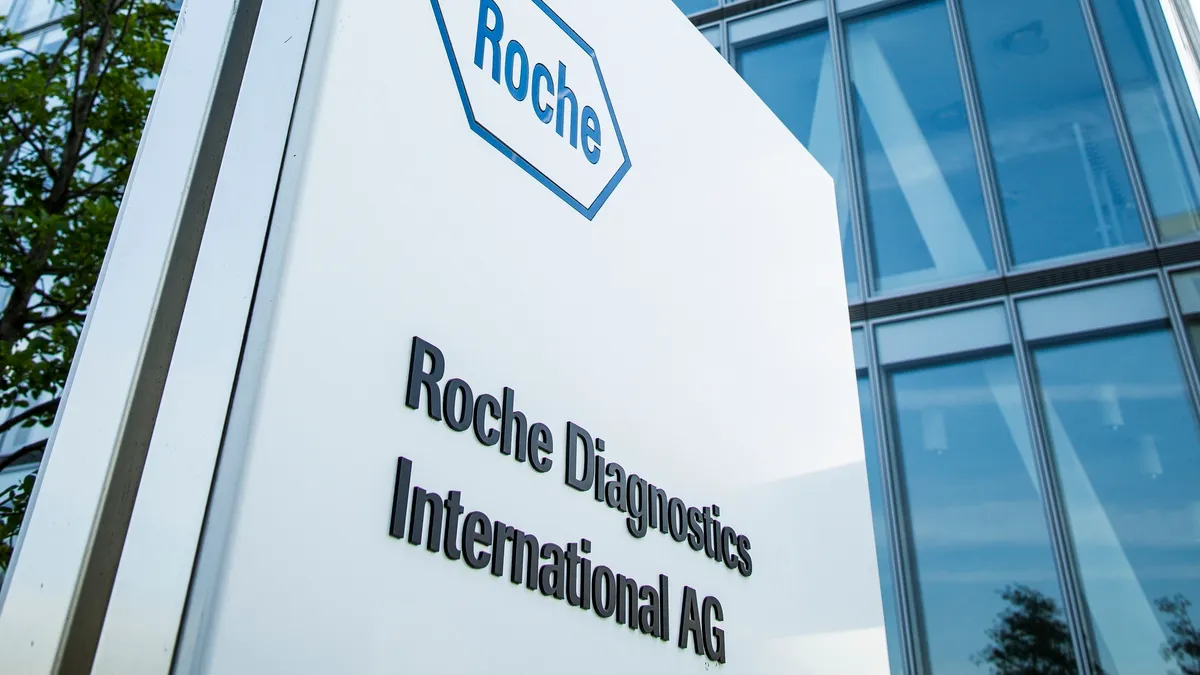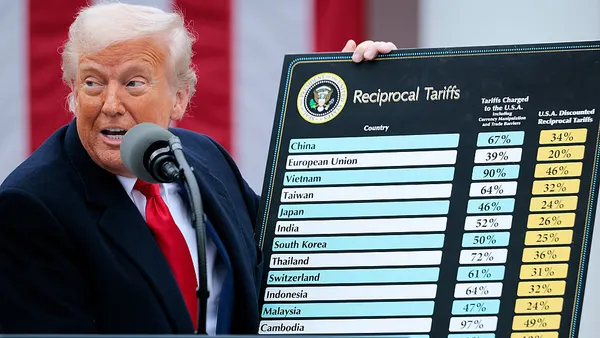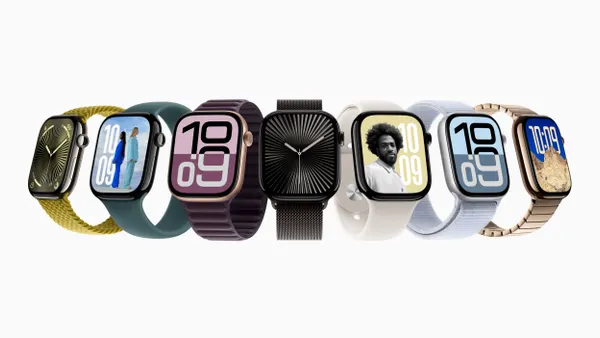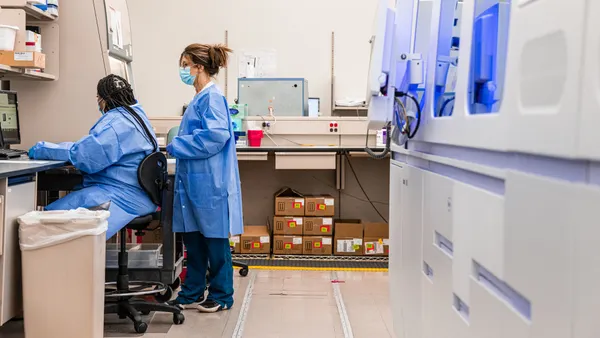Dive Brief:
- Roche has sued Foresight Diagnostics and Stanford University for their alleged role in the use of its trade secrets.
- In a complaint filed Monday, Roche accused three Stanford professors of founding cancer testing company Foresight in secret while it employed them as consultants and contractors.
- Roche said Stanford and the professors applied for patents relating to cancer detection and monitoring technology using its confidential information. A Foresight spokesperson said in an emailed statement that the “claims against Stanford University, three distinguished Stanford oncologists, and Foresight Diagnostics were filed in bad faith.”
Dive Insight:
Two of the three professors, Maximilian Diehn and Ash Alizadeh, founded Capp Medical in 2013 to develop technology for using DNA sequencing in cancer screening and monitoring. In 2015, Roche acquired Capp for $70 million in cash and $26 million from a contingent consideration agreement. The acquired technology underpins the Avenio liquid biopsy assay kits that Roche introduced in 2017.
After the acquisition, Diehn and Alizadeh worked as consultants for Roche until June 2021, according to the lawsuit. Roche said it employed a third Stanford professor, David Kurtz, as a contractor to work on the Capp technology from September 2017 to July 2020.
Diehn, Alizadeh and Kurtz founded Foresight in May 2020, according to the lawsuit, and allegedly applied for patents relating to cancer detection “using Roche confidential information and know-how.” Stanford has filed “over a dozen patent applications” that name the professors as inventors and disclose technical data belonging to Roche, the Swiss company alleged.
Foresight defended its and Stanford’s actions in an emailed statement to MedTech Dive.
“Roche’s accusations that anything was secretive or stolen are meritless. Roche has been aware for years that this technology was created at Stanford University, with Stanford resources and under contracts to Stanford. Stanford properly licensed exclusive rights to Foresight,” the Foresight spokesperson wrote. “Now, recognizing the strength of Foresight’s industry-leading technology, Roche has brought litigation as a negotiating tactic to try and force a result to which it is not entitled.”
Roche declined to comment on the ongoing litigation.
The lawsuit discusses the activities of Diehn and Alizadeh but only names Kurtz, Foresight and Stanford as defendants. Roche said the contractor agreement prohibited Kurtz from outside employment relating to the company’s area of interest without its approval. The lawsuit cites a cancer detection project that began in August 2019, lists Kurtz as the leader and supports one of the patents challenged by Roche.
Stanford filed for the patent and granted Foresight an exclusive license. Roche said Foresight “knowingly and improperly gained access” to its trade secrets through the license. Foresight approached Roche about a potential partnership in January 2022, according to the lawsuit.
Roche is seeking damages and wants the court to make Foresight and Stanford hand over patent filings that it alleges use its technology. The Swiss company has requested a jury.
Roche filed the lawsuit in the U.S. District Court for the Northern District of California.












